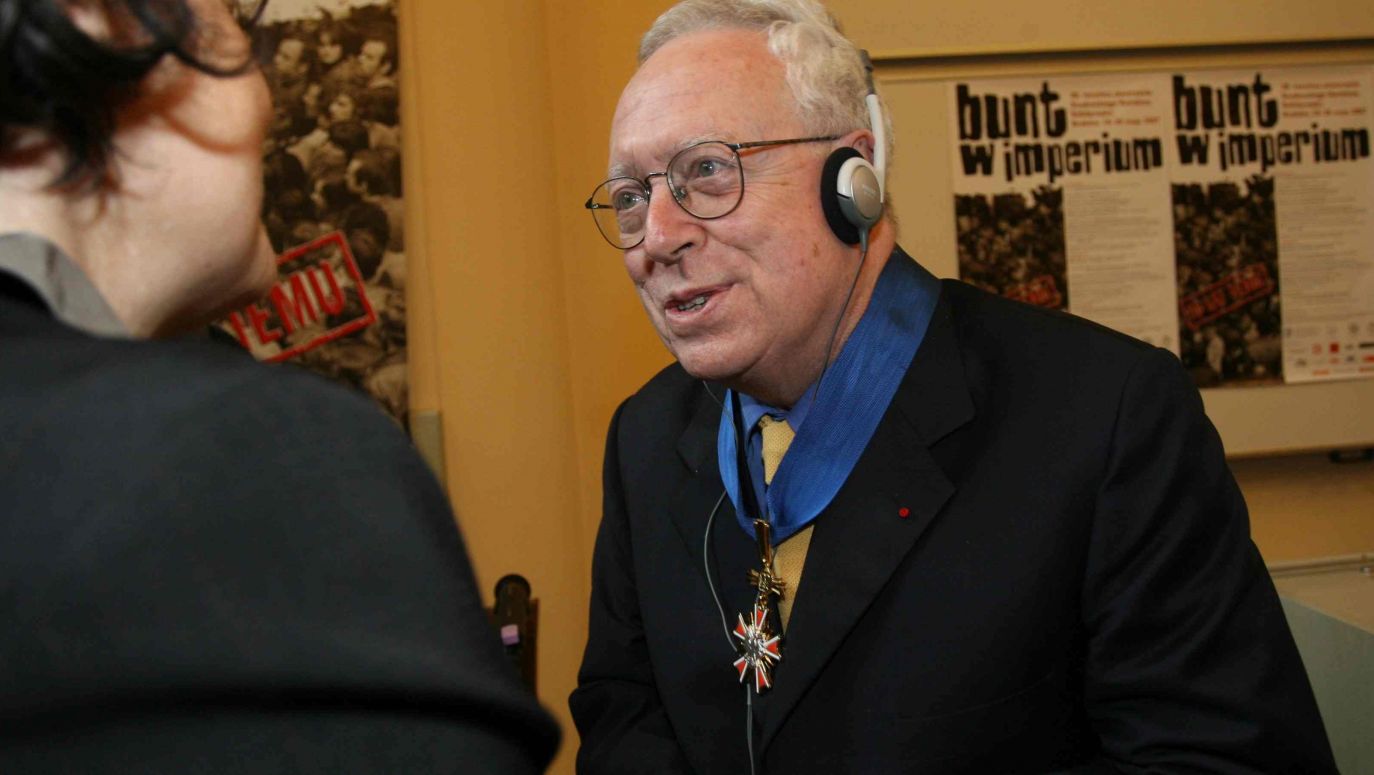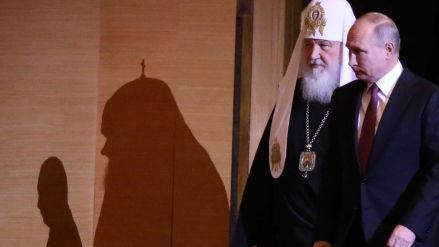
One day Soviet press agency will report that Polish geophysicists invaded Russia’s consulate in Spitsbergen.
see more
It is therefore worth appreciating the work of those opinion-forming Frenchmen who are not burdened by anti-Americanism and Russophilia. The historian Alain Besançon belongs to this group. He will celebrate his 90th birthday on 25 April 2022.
Today in Poland Besançon is known rather in narrow circles of people interested in the history of Russia, but in the 1980s his books and texts (among them “Anatomy of Spectre” [“Anatomie d’un spectre”] or “A Short Course in Sovietology” [“Court traité de soviétologie”]) circulated via samizdat, that is, the ‘underground’ press). In this sense, one could say that, as a prestigious expert on the USSR, he somewhat served as a mentor for the intelligentsia of Solidarity (Polish trade union).
Conflict with the political environment of “Wyborcza”
On the threshold of the Third Polish Republic, however, his analyses became troublesome for Poles who had found their way from the anti-communist underground to the positions of power. Besançon was not familiar with the slogans about “socialism with a human face”, which were still circulating towards the end of the People’s Republic of Poland. The French historian was not enthusiastic about perestroika (he did not get a “gorbasm”). He considered what was happening in Central Europe at that time to be a spectacle directed by the apparatchiks of the communist parties, which was supposed to let them transition to this new reality unscathed.
 WAR IN UKRAINE
WAR IN UKRAINE 
It is worth mentioning the angry exchange that took place between Besançon and Adam Michnik in 1990. In an interview for the “Solidarity Weekly”, the Frenchman harshly evaluated the Polish transformation. Above all, he attacked the Round Table Agreement as a force impeding the dismantling of real socialism and Poland’s independence from the Soviet Union. He spoke of the “Solidarity-Communist alliance” as a “double monoparty”. He pointed out that in the late 1980s, Polish dissidents – and he mentioned Michnik among them – were fooled by Mikhail Gorbachev and Wojciech Jaruzelski, who threatened that if the Communists in the Eastern Bloc countries lost their rule completely, chaos would reign, threatening catastrophe.
The editor-in-chief of Gazeta Wyborcza published on its pages a sharp retort under the telling title: “You lost, Alain”, triumphantly praising the agreement with Polish United Workers’ Party (PZPR). Besançon hit back. In the magazine “Orientation to the Right” (“Orientacja na Prawo”), he denounced Michnik’s concessions to Jaruzelski’s team.
Who was right in this dispute, history showed, for example, a dozen years later in the Rywin affair. At the end of 2002, Poles learned that the Democratic Left Alliance’s “power group” wanted to corrupt the Agora company in order to gain full control over the media in Poland. In this way – as Cezary Michalski, a publicist still sympathising with the right wing at the time, brilliantly put it in the bi-monthly magazine Arcana – “a state of one party and one newspaper” was being built. Thus, one can conclude that in 1990 Besançon was right.








